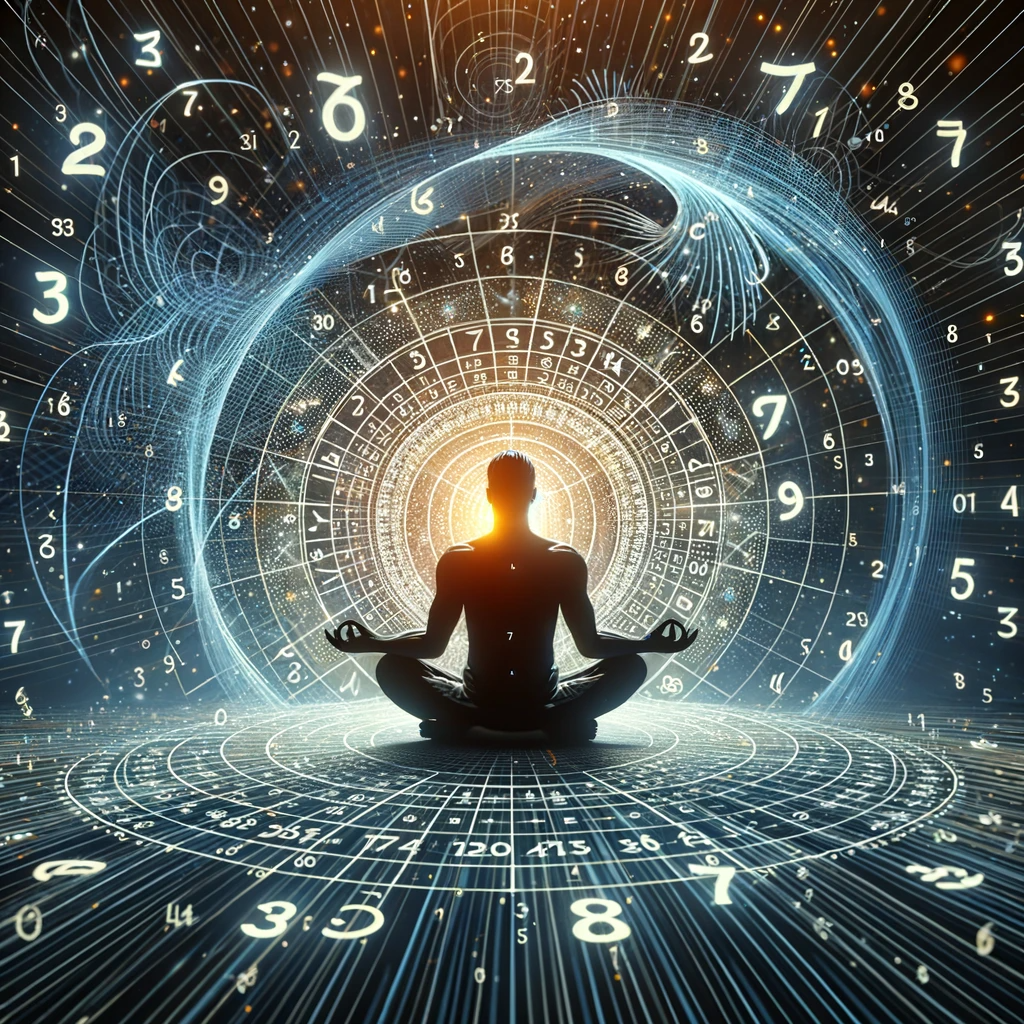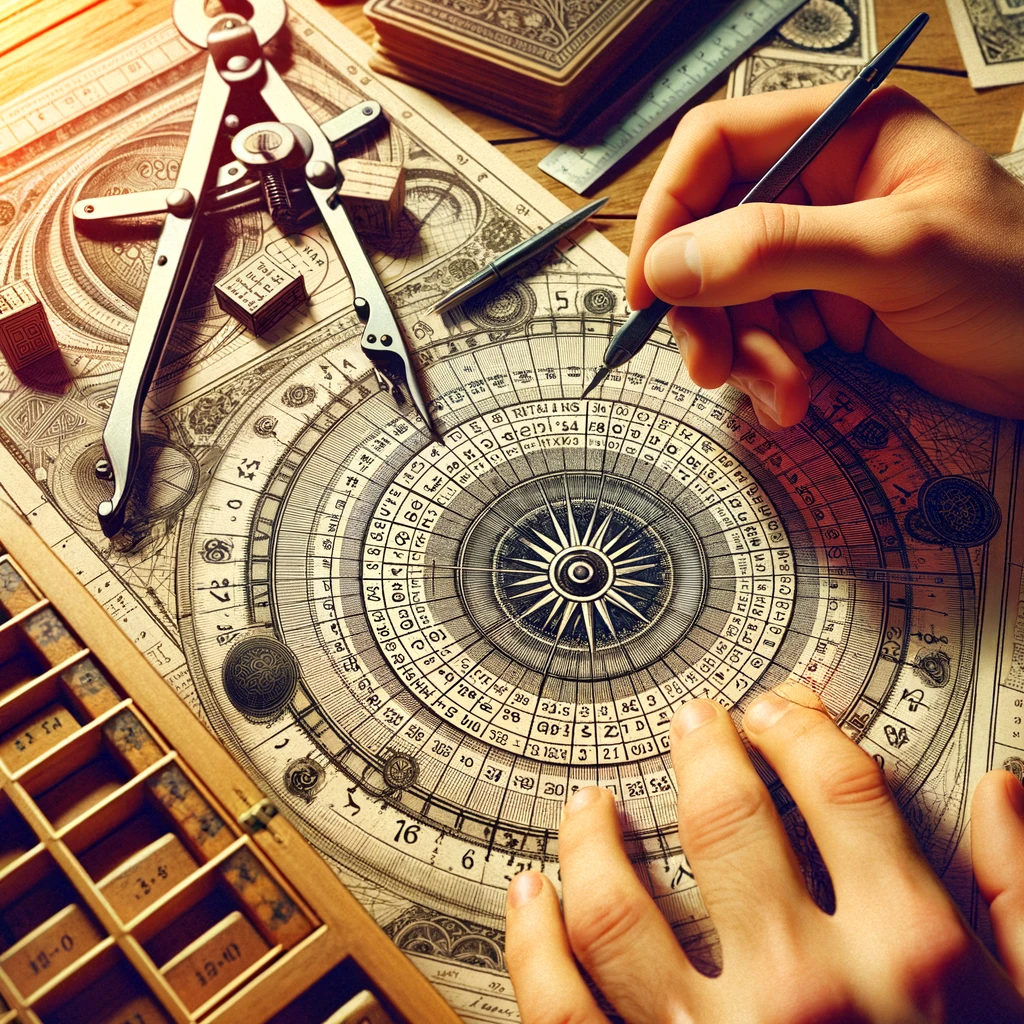Introduction to Numerology: A Beginner’s Guide

The Study of Numerology
Numerology is the study of the mystical relationship between numbers and life events. It is used to analyze a person’s personality, talents, relationships, and even predict future events. Numerology has origins in ancient cultures like China, Egypt, Greece, and India. While not scientifically proven, many people find numerology readings provide valuable insights. This beginner’s guide will cover the basics of numerology, its history, different number meanings, and how to get a reading.
What is Numerology?
Numerology is an esoteric field that studies how numbers affect a person’s life. It is based on the concept that the universe is made up of mathematical patterns and life events correlate with number vibrations. Numerology analyzes a person’s name, birthdate, and other factors to determine their numbers. Each number from 0 to 9 is believed to have its own set of characteristics and meanings. A numerologist then interprets how a person’s numbers influence their personality traits, relationships, career paths, and more.
While not scientifically supported, numerology is considered a metaphysical science or pseudoscience by many of its proponents and practitioners. Skeptics view numerology readings as entertainment rather than hard facts. However, numerology continues to fascinate those who feel numbers hold deeper mystical meanings.

Brief History of Numerology
The origins of numerology can be traced back thousands of years to ancient civilizations. Some key historical examples include:
- Ancient China – The I Ching system used in China analyzed number vibrations.
- Egypt – Egyptians used numbers for magical amulets and divination.
- Greece – Pythagoras and other Greek philosophers studied numbers and their meanings.
- India – Early Hindu texts analyzed numbers, including numerology in the Vedas.
- Babylonia – Astrologers in Babylon used numbers to predict events.
Modern numerology mainly derives from the teachings of Pythagoras, the ancient Greek philosopher who believed numbers reflected the nature of things. In the early 20th century, interest in the occult led to a revival of numerology in the Western world. Today it remains a popular metaphysical tool for self-understanding and divination.
How Does Numerology Work?
Numerology works by converting names, dates, and other key information into numbers. Methods can vary between numerologists but the most common include:
Calculating Core Numbers
There are three core numbers most important in numerology readings:
- Life Path Number – The life path number is the most significant number calculated from your birth date, representing your destiny.
- Expression Number – Your expression number is based on the letters in your full name and reflects your talents/personality.
- Soul Urge Number – The soul urge number comes from the vowels in your name and indicates your inner self.

Analyzing Meanings and Compatibility
Once a person’s core numbers are determined, a numerologist can interpret the meanings and compatibility between numbers. Basic number meanings include:
- 1 – Leadership, new beginnings
- 2 – Harmony, balance
- 3 – Creativity, self-expression
- 4 – Hard work, practicality
- 5 – Adventure, change
- 6 – Community, nurturing
- 7 – Spirituality, wisdom
- 8 – Success, abundance
- 9 – Humanitarianism, idealism
Numbers can also interact through mathematical combinations, revealing harmonious life paths or difficult patterns one may experience.
Interpreting Cycles and Patterns
The last step is to look at significant cycles and patterns formed throughout a person’s life based on their numbers. Cycles can correspond to personal growth and opportunities. Hardships and obstacles can also present themselves in numerological patterns.
Numerology in Different Cultures
While widespread, numerology has unique cultural flavors developed over centuries:
- Western Numerology – Western teachings derive from Pythagoras and medieval philosophy, with a heavy focus on life path numbers.
- Chinese Numerology – Chinese numerology integrates deeply with Chinese astrology, I Ching, and the Five Elements philosophy.
- Hebrew Numerology – Hebrew numerology draws from gematria, assigning numbers to the alphabet and Biblical texts.
- Indian Numerology – Indian Vedic numerology focuses heavily on one’s soul urge number and karmic numbers.
- Arabic Numerology – Arabic numerology is known as Abjad and connects individual letters to numbers rather than names.
There are also more culture-specific systems like Japanese numerology, Sufi mysticism, and Mayan numbers. Modern numerologists may blend these international influences into a personalized reading.

How to Get a Numerology Reading
If you are interested in getting a numerology reading, here are some options to consider:
- Consult a professional numerologist for a personalized reading. Make sure to vet their background and qualifications.
- Use an online numerology calculator or app to determine your numbers and basic meanings.
- Read a book on numerology to dive deeper into interpretations and number meanings.
- Watch YouTube videos that explain numerology principles and demonstrate reading techniques.
- Attend a numerology workshop or class to learn how to calculate numbers and read charts.
- Join a numerology community online to exchange readings and insights with fellow enthusiasts.
When getting a reading, approach it with an open mind but healthy skepticism. Take insights as food for self-reflection rather than absolute facts.
Numerology FAQs
Is numerology scientifically proven?
No, numerology is considered a pseudoscience as there is no scientific evidence showing a correlation between numbers and life events. Mainstream science rejects numerology as a superstition.
Can numbers really predict my future?
While intriguing, numerology cannot conclusively foretell events in a person’s future. At best, it provides guidance on your outlook based on number patterns and cycles. Take any predictions with a grain of salt.
How accurate are numerology readings?
Accuracy depends heavily on the skill of the numerologist. While readings can provide surprising personal insights, they should not be taken as certainties. Use discernment for any life decisions.
Can a numerology reading replace therapy or counseling?
No. While useful for self-reflection, numerology is not a substitute for professional mental health care, relationship counseling, or career advising. Always see a qualified expert for life issues.
Does my name change impact my numerology numbers?
Yes, if you legally change your name, your expression number and other name-based numbers will change. This may alter readings based on the vibrations of your new name.
In summary, numerology has endured as an intriguing practice for decoding the relationship between numbers and life. While skeptical at first, many find numerology provides unique personal insights and perspectives once they delve deeper. Use this beginner’s guide to decide if the mystical world of numbers resonates with you.
